Daijiworld Media Network - Mangaluru
Mangaluru, Oct 2: In a city growing as fast as Mangaluru, it is often easy to forget that progress is not just about roads and buildings, but also about the quality of life people enjoy. One organisation that has understood this well is the Anti-Pollution Drive (APD) Foundation. Established on October 2, 2014, the NGO today completes 11 fruitful years, standing out as an earnest organisation that has quietly shaped conversations on air, waste and sanitation — issues that are increasingly central to the city’s public health.
What began as a modest grassroots campaign through a Facebook page titled ‘Anti-Pollution Drive’ has today grown into a vibrant public health movement. Its approach has always been straightforward but impactful: treat pollution, waste and sanitation not as separate civic issues but as challenges that affect human health and dignity. This people-centred perspective has allowed the Foundation to influence both communities and policymakers. Its recent induction into the World Health Organization’s Civil Society Commission marks a significant milestone in that journey.
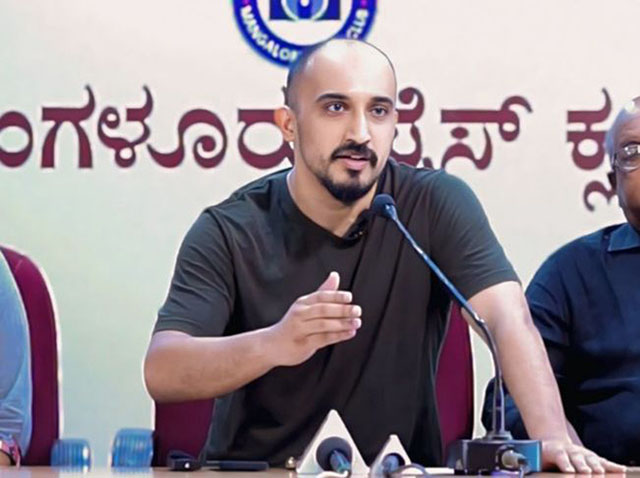
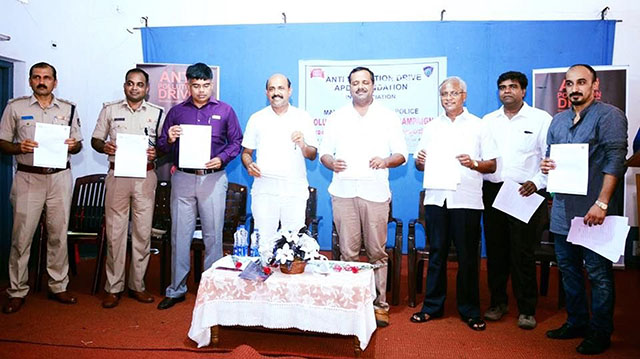
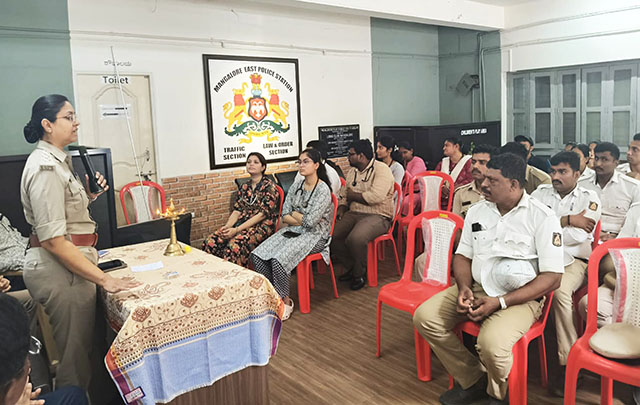
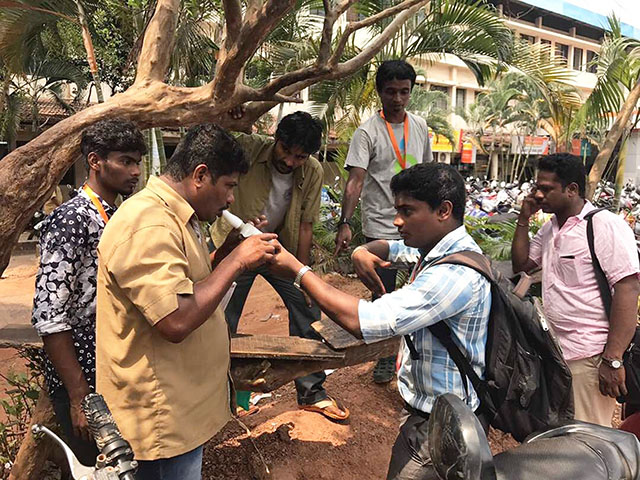
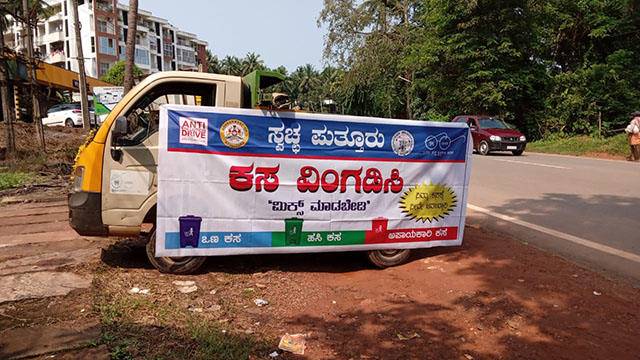
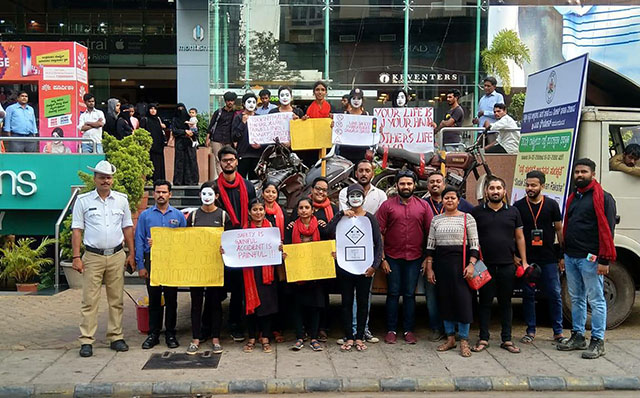
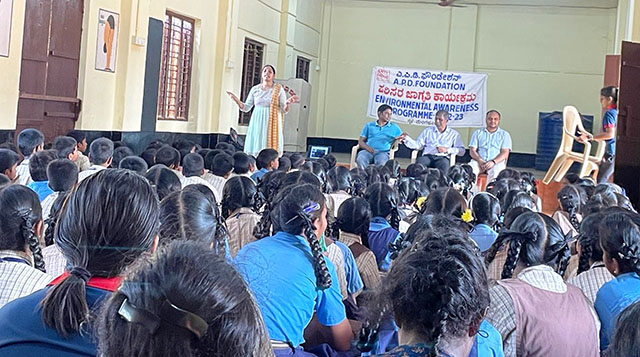
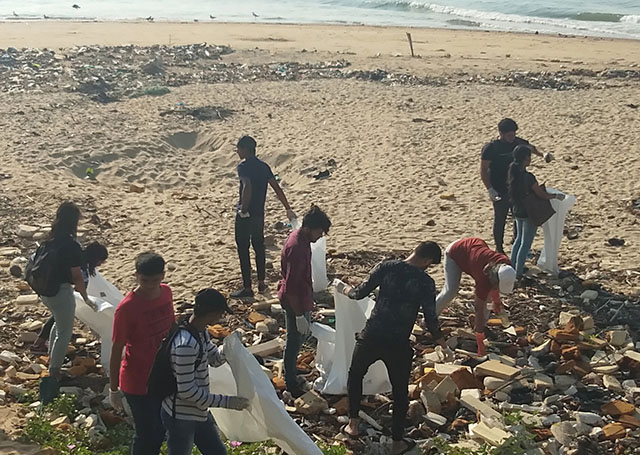
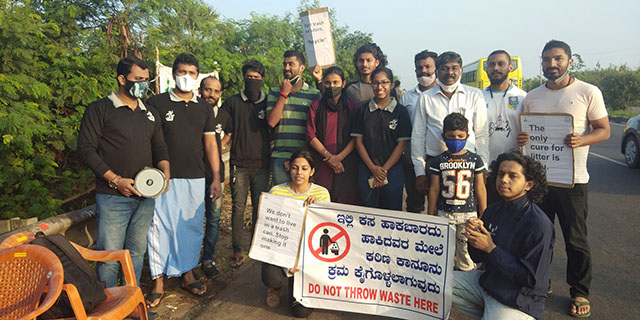
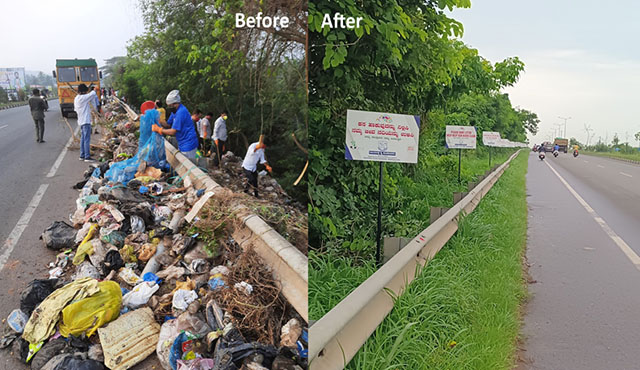
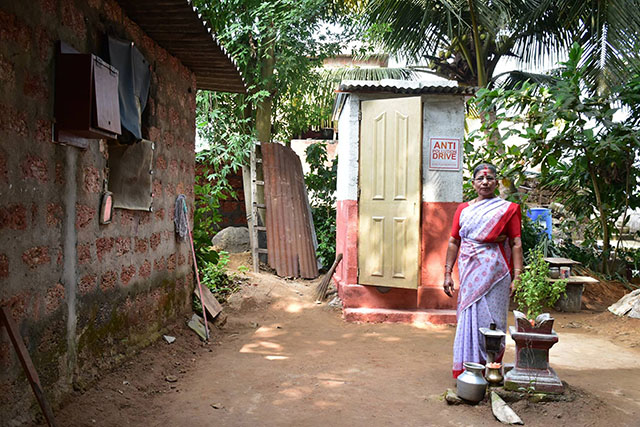
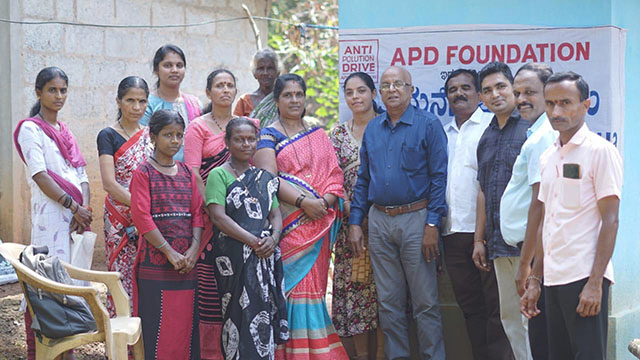
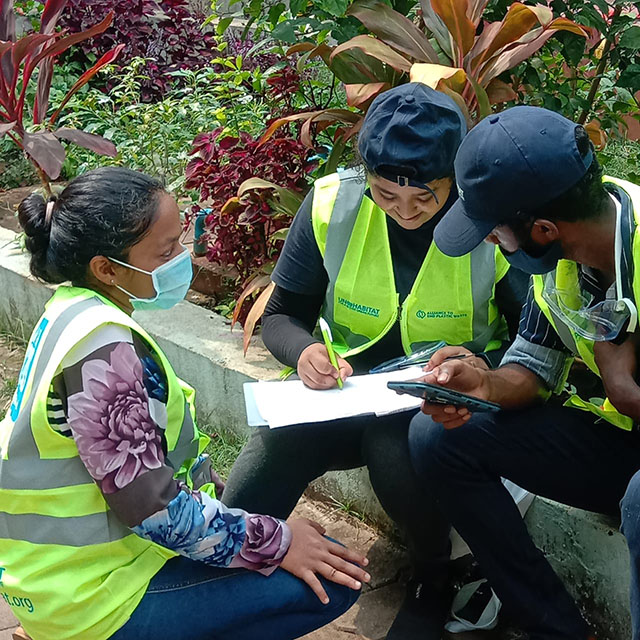
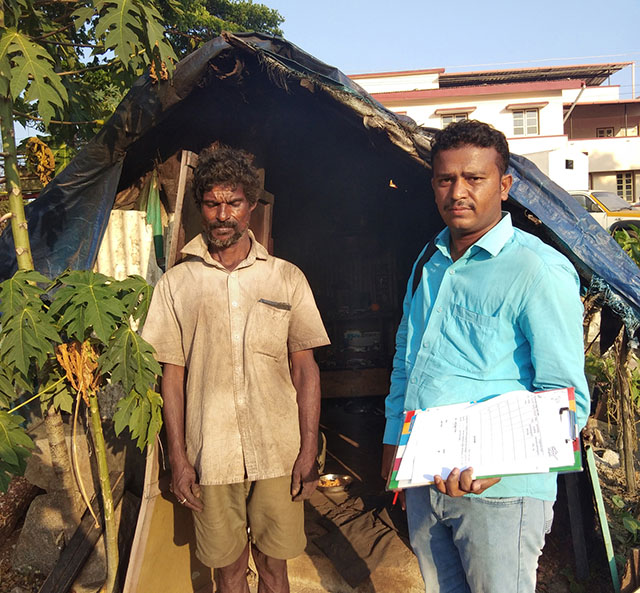
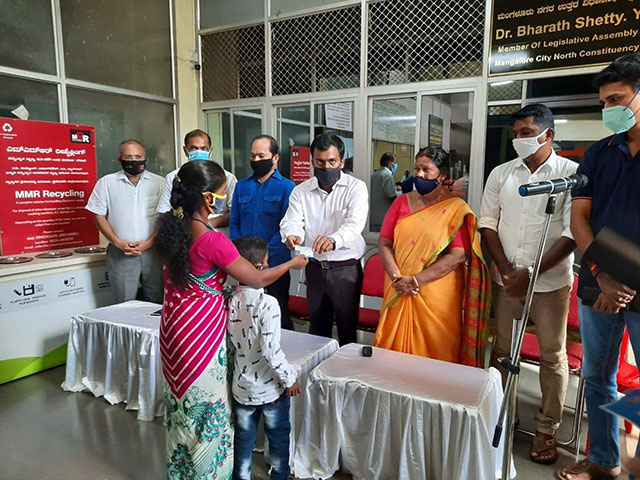
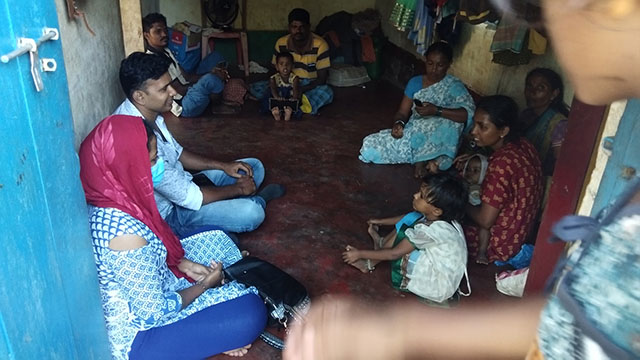
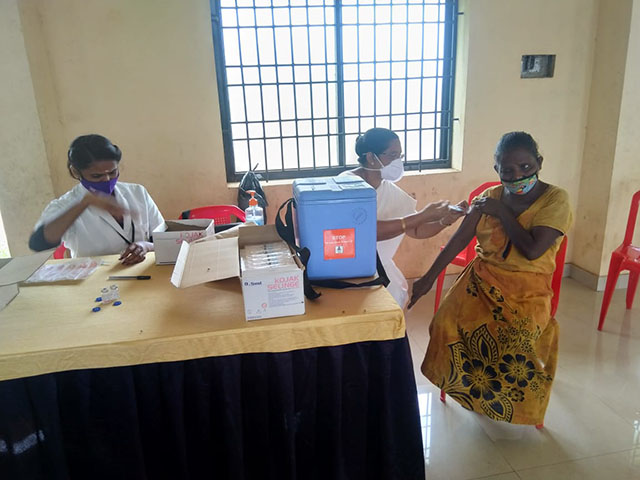
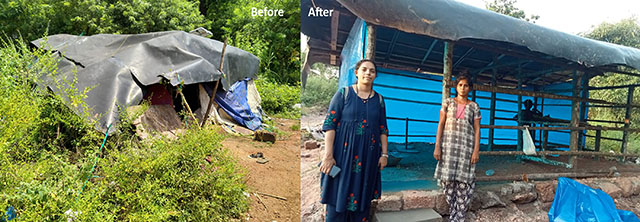
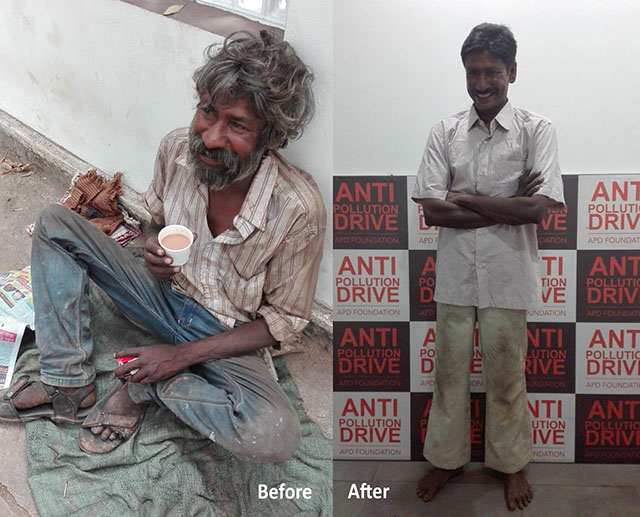
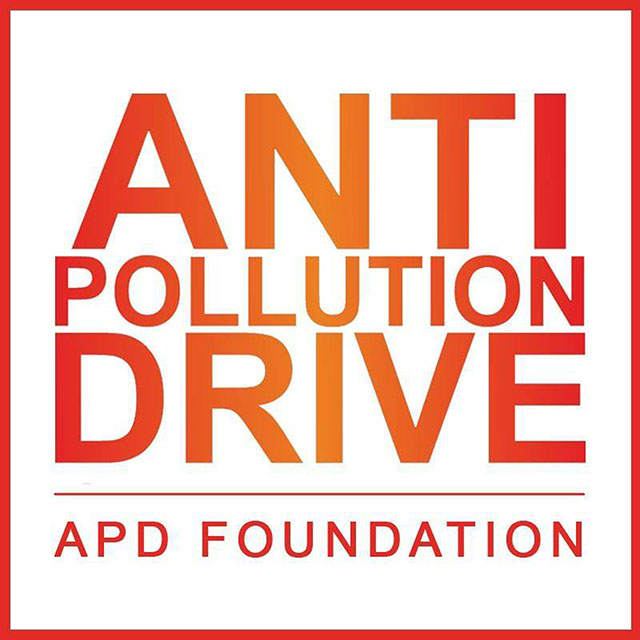
Founder and CEO Abdullah A Rehman puts it simply: “Our focus has always been on practical solutions — whether it is building household toilets where schemes fall short, or producing data on air pollution that led to Mangaluru’s first Air Quality Index. By combining community action with policy advocacy, APD has been able to make change that lasts.”
Shaping the civic dialogue
In many ways, APD has helped bring issues once treated as peripheral — air quality, waste segregation, sanitation gaps — to the centre of Mangaluru’s civic dialogue. Its projects have consistently shown how local actions can drive systemic change. Partnerships with corporates, municipal local bodies and other NGOs have provided the financial and institutional backing to keep these initiatives sustainable.
Among its many efforts, the Shuddha Gaali project stands out. Launched in 2016, it studied the impact of air pollution on outdoor workers such as traffic police, auto drivers and street vendors. The findings played a role in introducing Mangaluru’s first Air Quality Index and strengthened advocacy for cleaner buses and stricter emission standards.
The Foundation also turned its attention to rural sanitation through the Prathi Manege Shauchalaya programme. Since 2019, it has built toilets for families excluded from government schemes, helping restore dignity and improve health in rural households. Twelve families in Dakshina Kannada have already benefitted, while work is underway for the construction of 20 more toilets at Tiruchirappalli in Tamil Nadu under a special corporate sponsorship.
It has also campaigned for river protection through its Namma Netravathi, Namma Javabdari initiative, which sought to curb waste dumping into the Netravathi River, particularly near the bridge. By linking the health of water ecosystems to human well-being, APD once again reframed an environmental issue as a public health concern.
Beyond the environment
While environment and health remain its core focus, APD has not shied away from stepping into humanitarian roles. During the COVID-19 lockdown in 2020, the organisation ran a community kitchen and supplied daily meals, groceries and hygiene kits to nearly 200 people, including waste pickers, migrants and the homeless.
Equally significant is APD’s work with waste pickers, the often invisible workforce that keeps the city’s waste system moving. By facilitating ID cards, financial access and recognition, the Foundation helped improve their social and economic standing. In 2020, along with Hasiru Dala, it set up Dakshina Kannada’s first dry waste collection centre in Ullal, run entirely by waste pickers themselves. Later, in 2022, it went a step further by helping rebuild the home of a waste picker named Mangala, showing its commitment to improving people’s living conditions.
Building awareness
Beyond projects on the ground, APD has worked to keep citizens informed and engaged. Over the years, it has conducted more than a thousand awareness sessions in schools and institutions, alongside nearly 500 Instagram Live interactions with experts, anchored by EcoHost Niveditha P Devadiga. IEC campaigns led by Geetha Hegde have helped translate awareness into collective action.
The leadership team reflects a mix of activism, strategy and legal insight. Abdullah A Rehman is a young entrepreneur leading a startup in exotic sweets, reflecting the same spirit of innovation and enterprise that drives his work at APD Foundation. Trustee Arjun Rai brings entrepreneurial and social sector experience, while director–legal Mushtaq Salim, an advocate in the Supreme Court, provides legal guidance that strengthens APD’s governance.
Recognition and reach
The Foundation’s work has earned recognition at state, national and international levels. It received the Young Social Innovator Award in 2016 under the India Youth Fund by UN-Habitat and Narotham Seksaria Foundation, and the Excellence Award 2017 from the Karnataka State Pollution Control Board. This year, it became one of the first NGOs from Karnataka to be inducted into the WHO’s Civil Society Commission, giving it a voice in global discussions on health, environment and climate.
Eleven years on, APD continues to demonstrate how local action can ripple into larger change. From sanitation drives in remote villages to conversations at international forums, its mission remains the same: to make clean air, safe sanitation and dignity everyday rights for all. As Rehman puts it, “APD Foundation’s journey shows that a city’s progress is not measured only in its infrastructure, but in the health, dignity and well-being of its people.”
Citizens who wish to associate with the organisation may contact:
APD Foundation
Office: II Floor, City Light Building, Balmatta Road, Mangaluru – 575001, Karnataka, India
Phone: +91 824 4270008
Mobile: +91 97400 00008
Email: info@antipollution.org
Website: www.antipollution.org